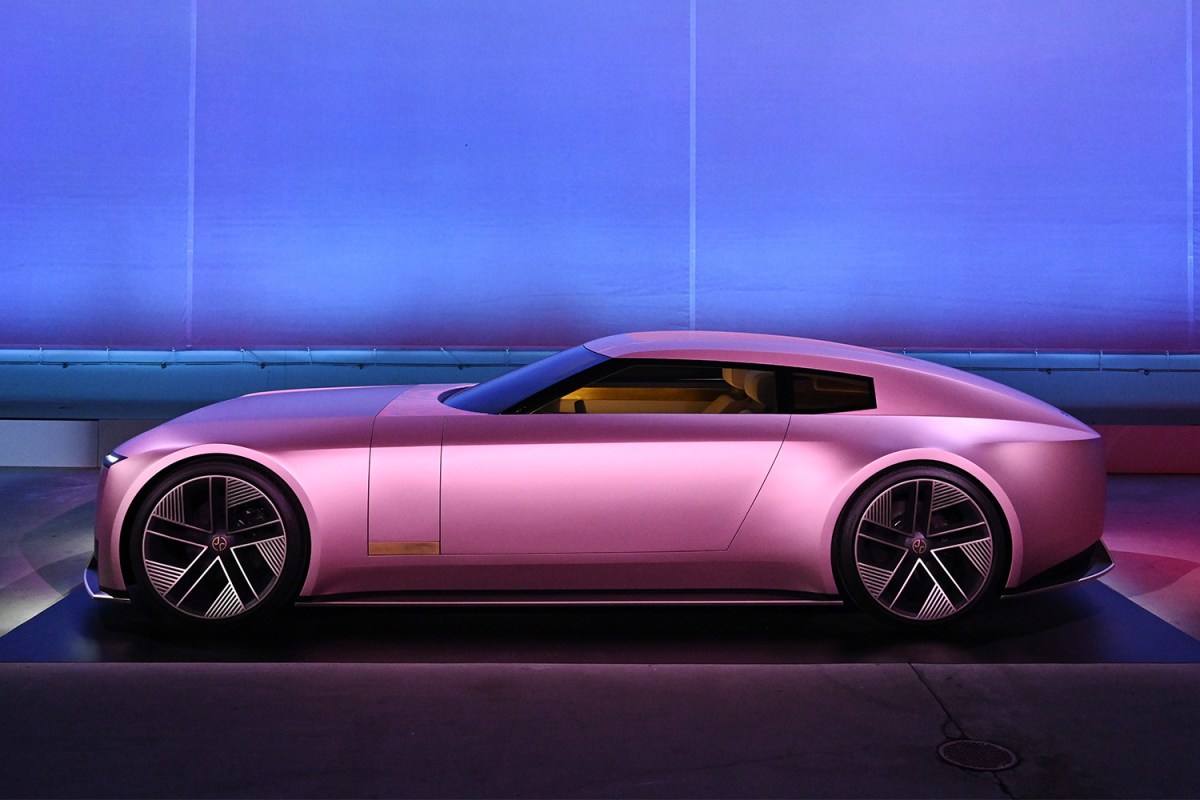The automotive industry is undergoing a significant transformation, driven by increasing concerns about fuel efficiency and environmental sustainability. As we approach 2025, consumers are more discerning than ever about the fuel economy of their vehicles. This comprehensive guide explores the most fuel-efficient automotive sedans expected to dominate the market in 2025, considering factors beyond just miles per gallon (MPG) to provide a truly holistic perspective.
Factors Influencing Fuel Efficiency in 2025 Sedans
Fuel efficiency isn’t solely determined by engine size. Several interconnected factors contribute to a vehicle’s overall fuel economy. Understanding these factors is crucial for making an informed decision when purchasing a fuel-efficient sedan.
Engine Technology: The Heart of Efficiency
- Hybrid Powertrains: Hybrid vehicles combine gasoline engines with electric motors, offering significant improvements in fuel economy, particularly in city driving. Expect to see advancements in plug-in hybrid electric vehicles (PHEVs) with extended electric-only ranges in 2025 models.
- Advanced Combustion Engines: Manufacturers continue to refine internal combustion engines (ICE) with technologies like direct injection, variable valve timing, and turbocharging to enhance efficiency without sacrificing power.
- Electric Vehicles (EVs): While not strictly sedans in the traditional sense, the growing availability and affordability of electric sedans are making them a compelling option for fuel-conscious buyers. Expect longer ranges and faster charging times in 2025 models.
Aerodynamics: Reducing Drag for Better Mileage
Aerodynamics play a critical role in fuel efficiency. Sedans designed with optimized shapes and features to minimize wind resistance will naturally achieve better fuel economy. Look for cars with streamlined body designs, underbody panels, and other aerodynamic enhancements.
Weight Reduction: Lighter is Better
Reducing a vehicle’s weight directly impacts fuel consumption. Manufacturers are employing lightweight materials like aluminum and high-strength steel to create lighter, yet equally strong, car bodies, contributing to improved MPG.
Transmission Technology: Optimizing Power Delivery
Modern transmissions, including continuously variable transmissions (CVTs) and advanced automatic transmissions, play a crucial role in optimizing engine power delivery for maximum fuel efficiency. These transmissions seamlessly shift gears to maintain the engine in its most efficient operating range.
Top Contenders for Most Fuel-Efficient Sedans in 2025
Predicting the exact top performers in 2025 is challenging, as the automotive landscape is constantly evolving. However, based on current trends and upcoming models, several manufacturers are poised to offer highly fuel-efficient sedan options:
Toyota Prius Family
Toyota’s Prius line has long been a benchmark for hybrid efficiency. Expect further improvements in fuel economy for the 2025 models, possibly incorporating advanced hybrid systems and more efficient battery technologies. The Prius Prime plug-in hybrid variant will likely continue to offer impressive all-electric range.
Honda Insight/Civic Hybrid
Honda’s commitment to fuel efficiency is evident in its Insight and Civic Hybrid models. These vehicles are known for their reliability and impressive MPG figures. We anticipate continued refinements in 2025 models, potentially incorporating more advanced hybrid technology.
Hyundai Ioniq Family
Hyundai’s Ioniq line offers a diverse range of powertrains, including hybrid, plug-in hybrid, and fully electric options. Expect continued improvements in efficiency across the Ioniq lineup for 2025, with a focus on longer electric ranges for the PHEV and EV models.
Kia Niro
Similar to Hyundai, Kia’s Niro offers a compelling choice for fuel-conscious buyers, with hybrid, plug-in hybrid, and EV options. The Niro is known for its practicality and competitive fuel economy, and we expect these strengths to continue in 2025 models.
Chevrolet Bolt
While technically a hatchback, the Chevrolet Bolt offers impressive all-electric range and efficiency, making it a strong competitor in the fuel-efficient vehicle segment. Expect improvements in battery technology and charging speed for 2025.
Beyond MPG: Considering the Total Cost of Ownership
While MPG is a crucial factor, it’s essential to consider the total cost of ownership (TCO) when evaluating fuel-efficient vehicles. TCO includes factors like purchase price, maintenance costs, insurance, and potential resale value. While a highly fuel-efficient vehicle might have a higher initial purchase price, its lower running costs can offset this over time.
Frequently Asked Questions (FAQ)
- Q: What is the average MPG for a fuel-efficient sedan in 2025? A: The average MPG will vary depending on the vehicle, powertrain (hybrid, gasoline, electric), and driving conditions. However, expect to see many models exceeding 40 MPG combined city/highway, with some hybrids and EVs achieving significantly higher figures.
- Q: How much will a fuel-efficient sedan cost? A: Prices vary greatly depending on the brand, model, features, and powertrain. Expect a range from the mid-$20,000s to well over $50,000 for high-end models.
- Q: What are the benefits of choosing a hybrid or electric vehicle? A: Hybrids and EVs offer reduced emissions, lower running costs due to cheaper electricity compared to gasoline, and potential tax incentives or subsidies in some regions.
- Q: How do I find the most fuel-efficient car for my needs? A: Research various models, compare their MPG ratings (considering both city and highway driving), read reviews, and consider your budget and driving habits.
- Q: What is the future of fuel-efficient vehicles? A: The trend towards greater fuel efficiency and electrification is expected to continue, with more advanced hybrid and electric vehicles becoming increasingly common in the coming years.
Resources
- EPA FuelEconomy.gov (US EPA)
- National Highway Traffic Safety Administration (NHTSA)
- [Add links to relevant automotive news websites and manufacturer websites]
Call to Action
Start your journey towards greater fuel efficiency and lower running costs today! Research the latest fuel-efficient sedans from leading manufacturers, compare models, and find the perfect vehicle to meet your needs and budget. Don’t hesitate to test drive different models to experience their performance and comfort firsthand.
Helpful Answers
What factors besides MPG affect real-world fuel efficiency?
Driving style, terrain, weather conditions, and vehicle maintenance significantly impact fuel consumption. Aggressive acceleration and frequent braking, for example, drastically reduce fuel efficiency.

Source: insidehook.com
How do hybrid and electric sedans compare to gasoline-powered options in 2025?
Hybrids generally offer better fuel economy than comparable gasoline-powered sedans, while fully electric vehicles boast the highest fuel efficiency but may have limitations regarding range and charging infrastructure.

Source: ucsusa.org
Are there any government incentives for purchasing fuel-efficient vehicles in 2025?
Government incentives vary by region and are subject to change. It’s crucial to check local and national programs for current offerings related to fuel-efficient vehicle purchases.
What are the long-term maintenance costs associated with fuel-efficient vehicles?
Long-term maintenance costs can vary depending on the specific vehicle and technology. However, some fuel-efficient technologies, like hybrid systems, may require specialized maintenance, potentially increasing costs.
